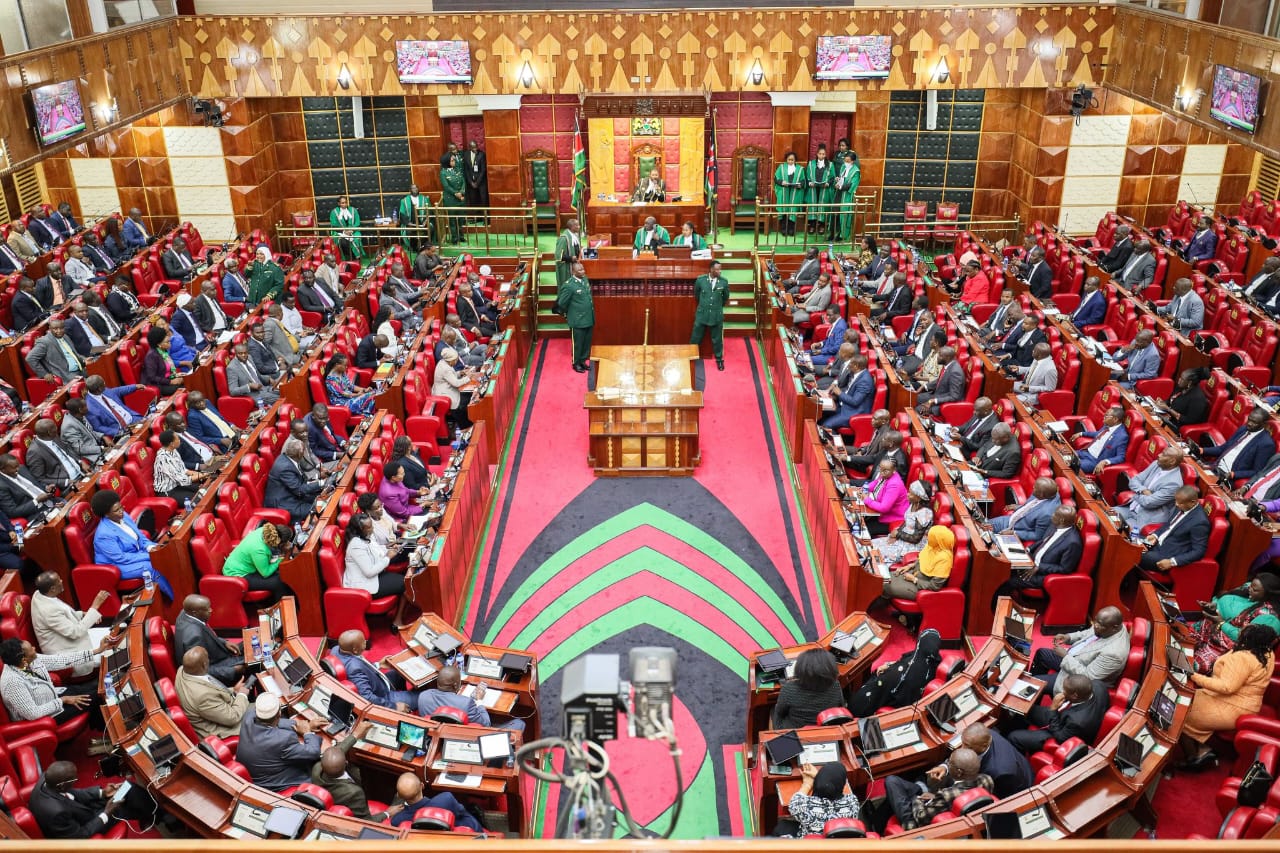
Legal battle: What impeached DP Gachagua lawyers have told court
Rigathi Gachagua has challenged his impeachment by Parliament.
The process to recall an MP is complex and time consuming
In Summary

After MPs passed the controversial Finance Bill 2024 on June 25, there was a surge of calls from Kenyans to recall MPs who voted ‘Yes’ despite ongoing protests.
President William Ruto declined to sign the Bill into law the following day after an assault on Parliament Buildings but the calls did not lessen.
And with the impeachment of former Deputy President Rigathi Gachagua, the ground became even more hostile for some MPs, mostly those from Central Kenya.
Residents of Mathira Constituency, the hometown of Gachagua, have since started collecting signatures in an effort to recall their MP Eric Wamumbi.
The constituents accuse Wamumbi of betraying Gachagua by voting in favour of his impeachment, a decision they say he made without their support.
The process to recall an MP is complex and time-consuming.
Even as Mathira residents continue to collect signature, a huge hurdle lies ahead.
The Independent Electoral and Boundaries Commission (IEBC) has been dysfunctional for over a year. Without a properly constituted IEBC, seats that fall vacant cannot be filled
The IEBC has no chairperson and also commissioners. It can neither hold elections nor conduct boundary delimitation.
Article 104 of the Constitution establishes the right to recall an MP.
On the other hand, Section 45 of the Elections Act provides the specific grounds for recall.
It says an MP can be recalled when found after due process of the law, to have violated the provisions of Chapter 6 of the Constitution, which deals with leadership and integrity.
This could include misappropriation of the constituency development funds, improper use of public property, engaging in corrupt practices and a failure to properly account for public funds under their management.
An MP can also be recalled if convicted of an offence under the Elections Act No.24 (2011). This includes offences such as bribery, undue influence, electoral malpractice, double voting and many others.
To recall a lawmaker, a voter in the MP’s constituency initiates the process by applying to IEBC for approval to start a recall petition.
The application must be in writing and it must have details of the reasons for a recall.
The IEBC will review the application to ensure it meets legal requirements. If approved, the IEBC will issue a recall petition form to the person who initiated the recall within 14 days.
The person who initiated the process will then have 30 days to collect signatures from at least 30 per cent of the registered voters in the constituency.
Each signature must be accompanied by the voter’s name, ID number, and voter registration number.
The forms will then be submitted to the IEBC. The submission must be accompanied by a list of at least 15 per cent of the voters who signed the petition.
The IEBC will have 30 days to verify the signatures and authenticity of the petition. This includes confirming that the signatories are actually registered voters in the affected MP’s constituency.
If the Petition is found to be valid, then the IEBC will notify the Speaker of the National Assembly within 15 days.
If the grounds for a recall are confirmed, the IEBC will conduct a recall election in the Constituency within 90 days.
The recall election is a sort of referendum where voters will be asked to answer “yes” or “no” to their MP being recalled. A simple majority (50 per cent + 1) of the votes cast is required for the recall to succeed.
If the majority votes “yes”, the MP will lose their seat. If this happens, then the IEBC will conduct a by-election in the constituency within 90 days.
A recall petition cannot be filed against an MP more than once during their term.
It also cannot be initiated by anyone who had unsuccessfully contested for that seat in the elections.
A recall petition cannot be filed within the first 24 months after the election of the MP or within 12 months of the next general election.
The recalled MP will still be eligible to contest in the resulting by-election.

Rigathi Gachagua has challenged his impeachment by Parliament.